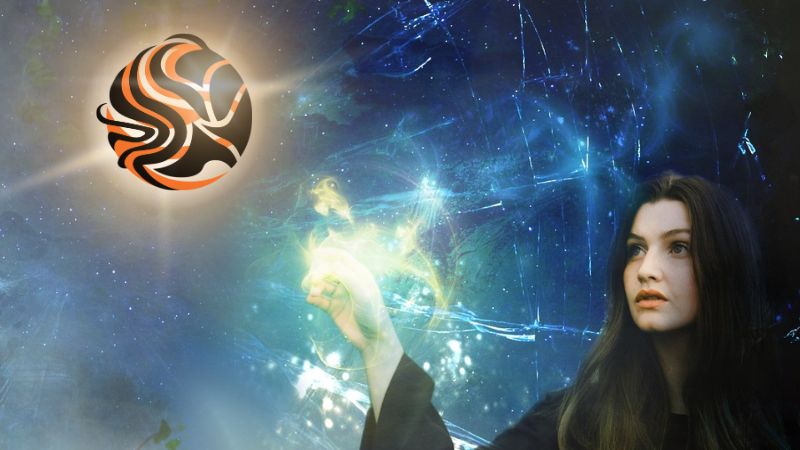Game Development Minor
- RIT /
- Rochester Institute of Technology /
- Academics /
- Game Development Minor
Curriculum for 2025-2026 for Game Development Minor
Current Students: See Curriculum Requirements
Related News
-
February 15, 2024

Inside the making of 'That Damn Goat,' RIT's latest video game
Chaos is the only constant in "That Damn Goat," a party, "anti-Covid" video game made by around 60 RIT faculty, students and staff. The project was led by School of Film and Animation faculty Brian Larson (creative director) and Jesse O'Brien (art director).
-
September 29, 2023

New Center for Worldbuilding and Storytelling Creates Community and Resource Network for the Imaginative
“Developing strengths in [worldbuilding] can help many types of professionals become better at what they do. Clearly, game designers, animators, and creative storytellers can benefit, but engineers, technologists, scientists, sociologists, and health care innovators, for example, can also because the process of envisioning and creating a world and all of its interactions can help test out ideas and inform solutions,” said Associate Professor (English) Trent Hergenrader, Ph.D., who will lead the new Center for Worldbuilding and Storytelling.
Contact
- Linda Searing
- Academic Advisor
- Advising
- Golisano College of Computing and Information Sciences
- 585‑475‑7087
- lmsics@rit.edu
School of Interactive Games and Media











